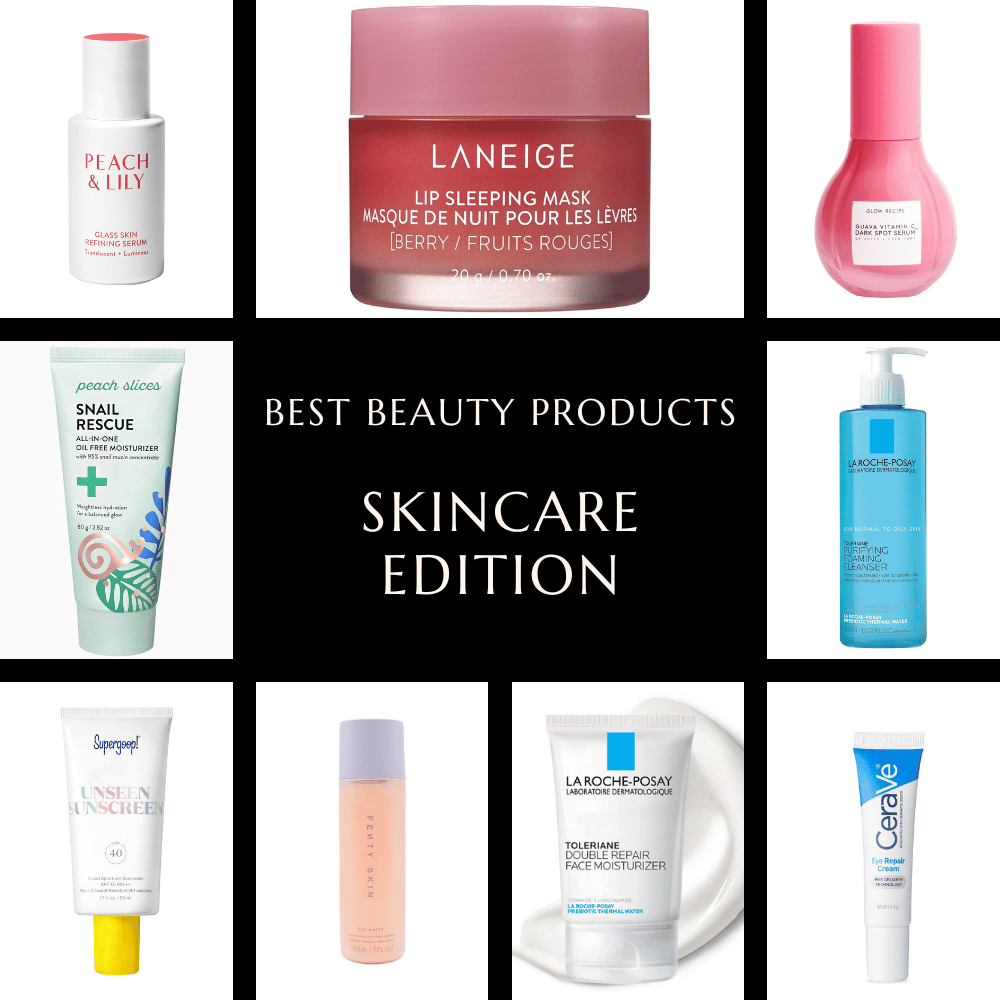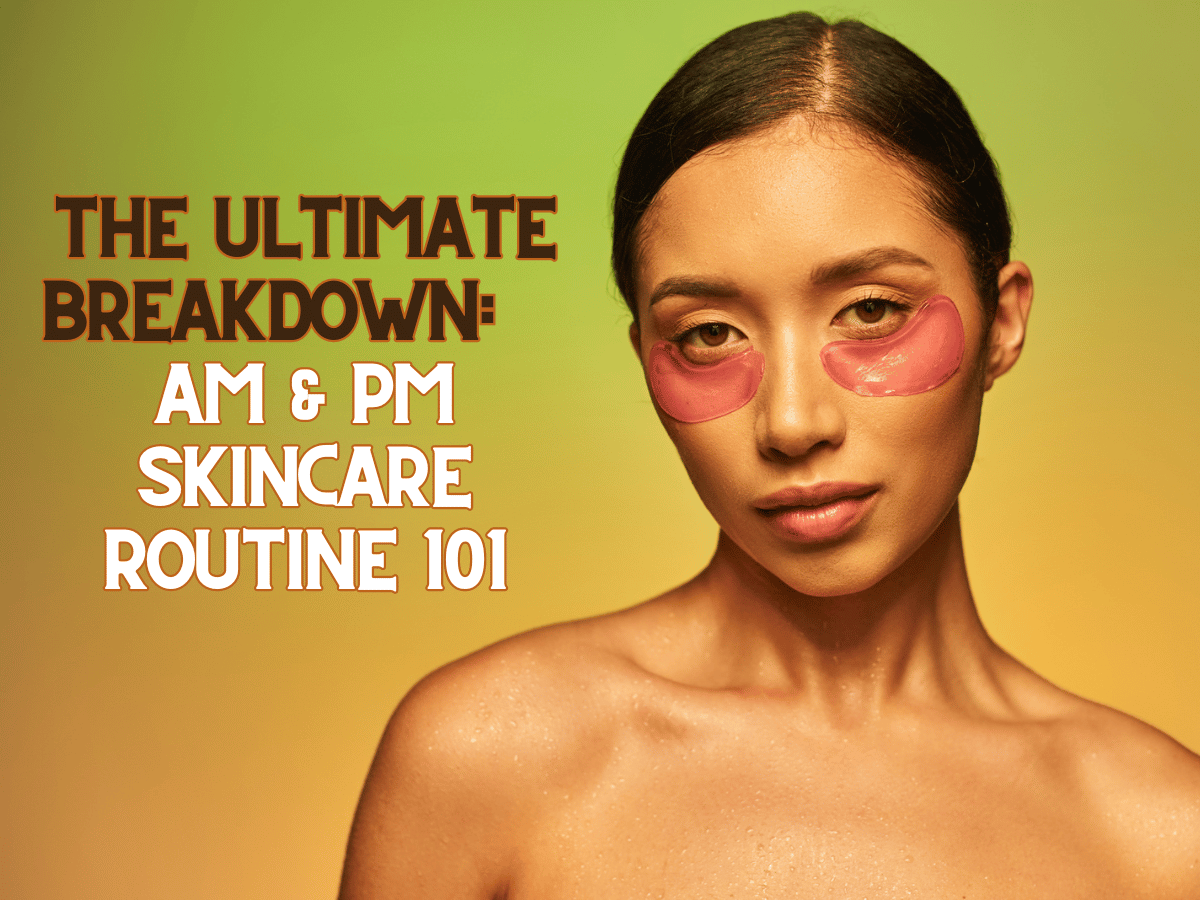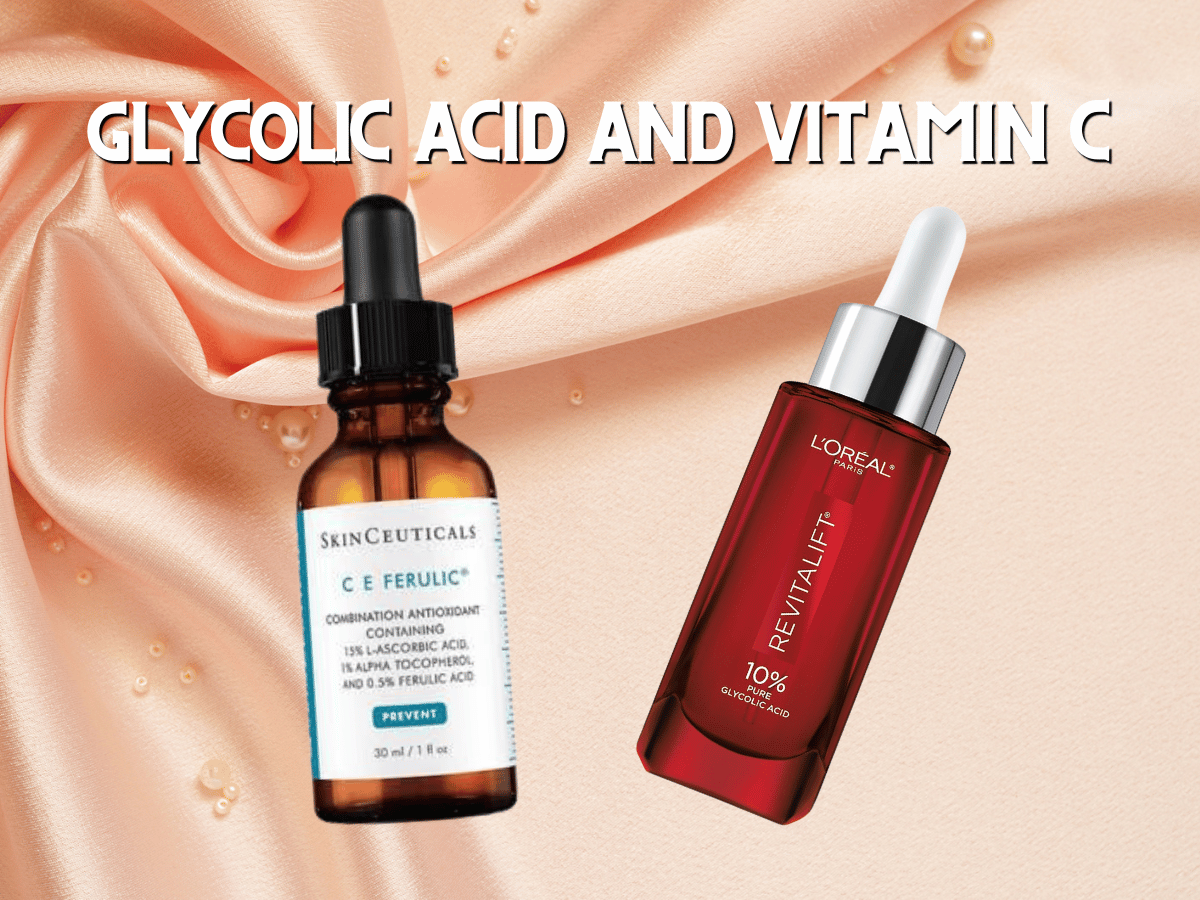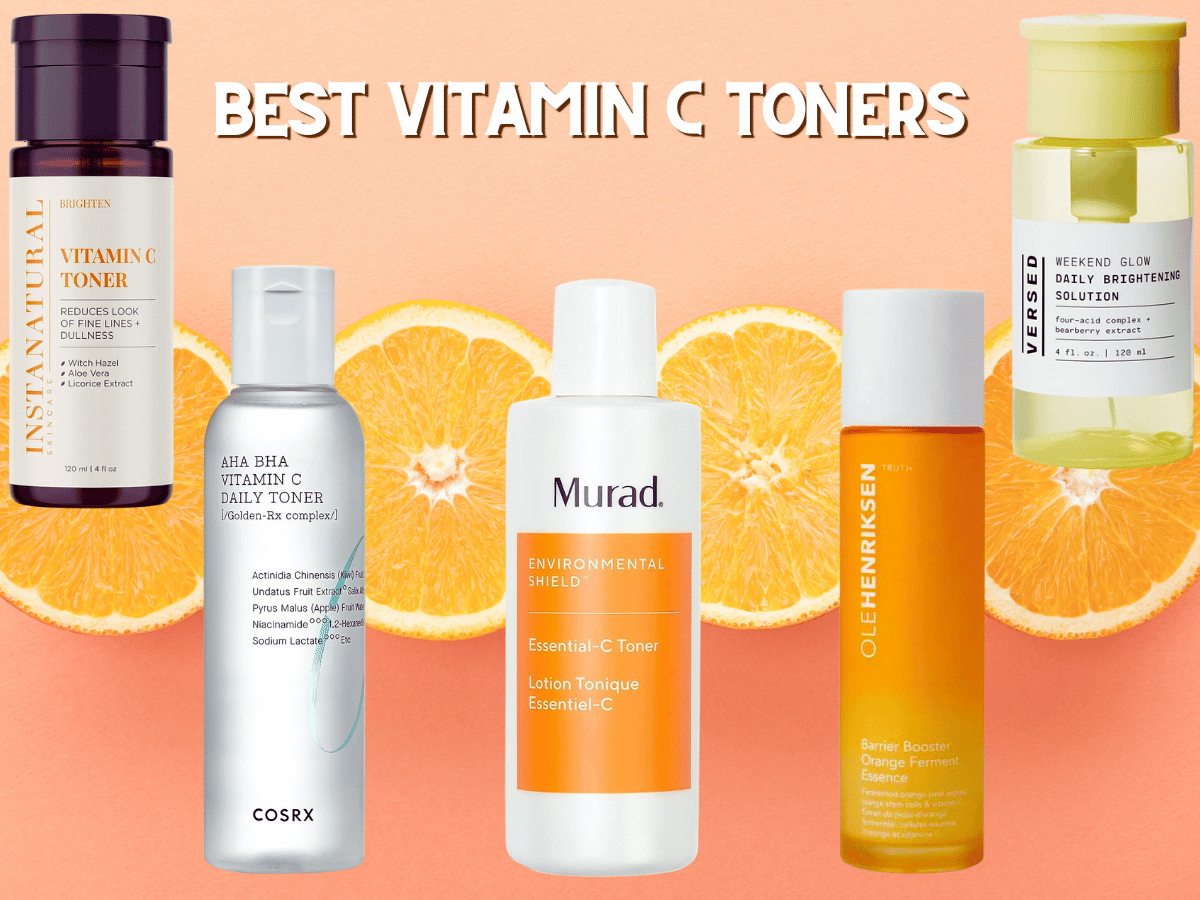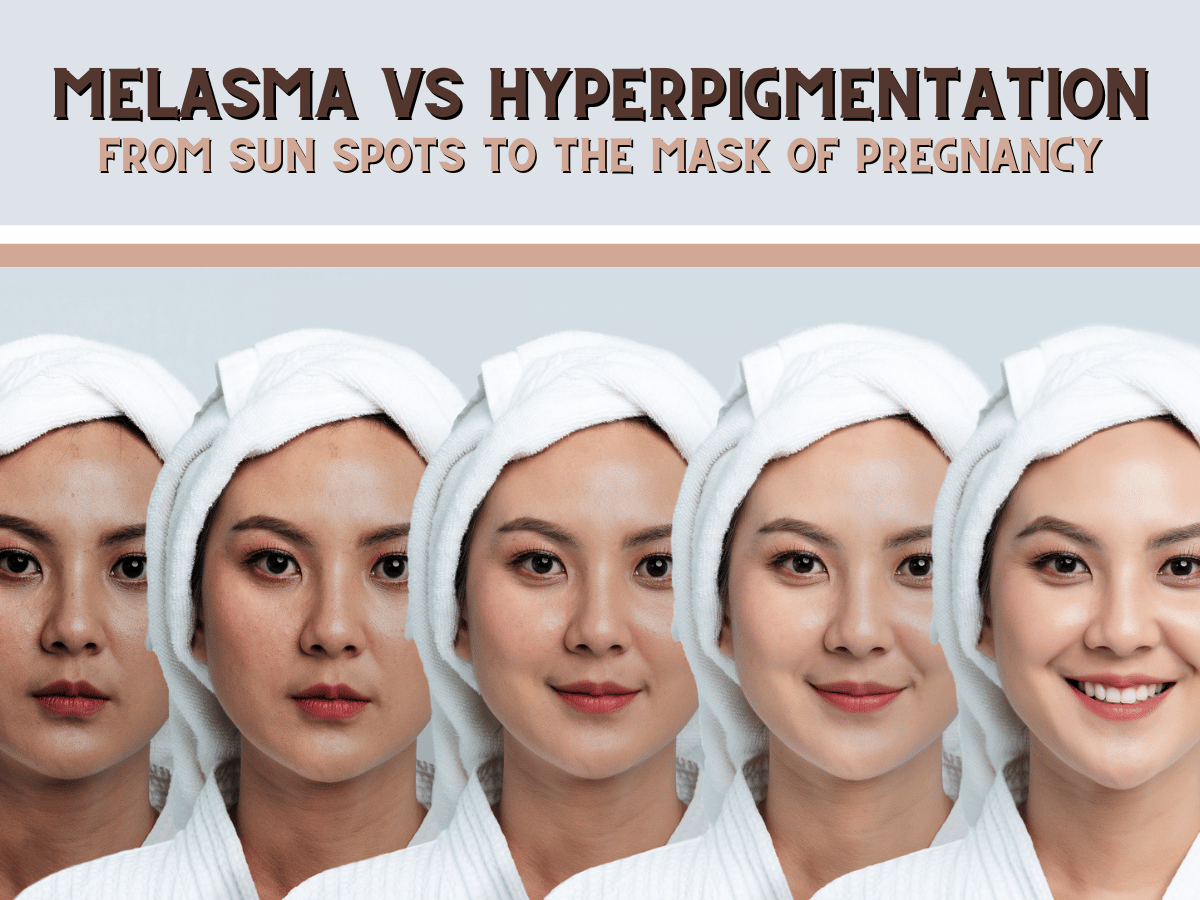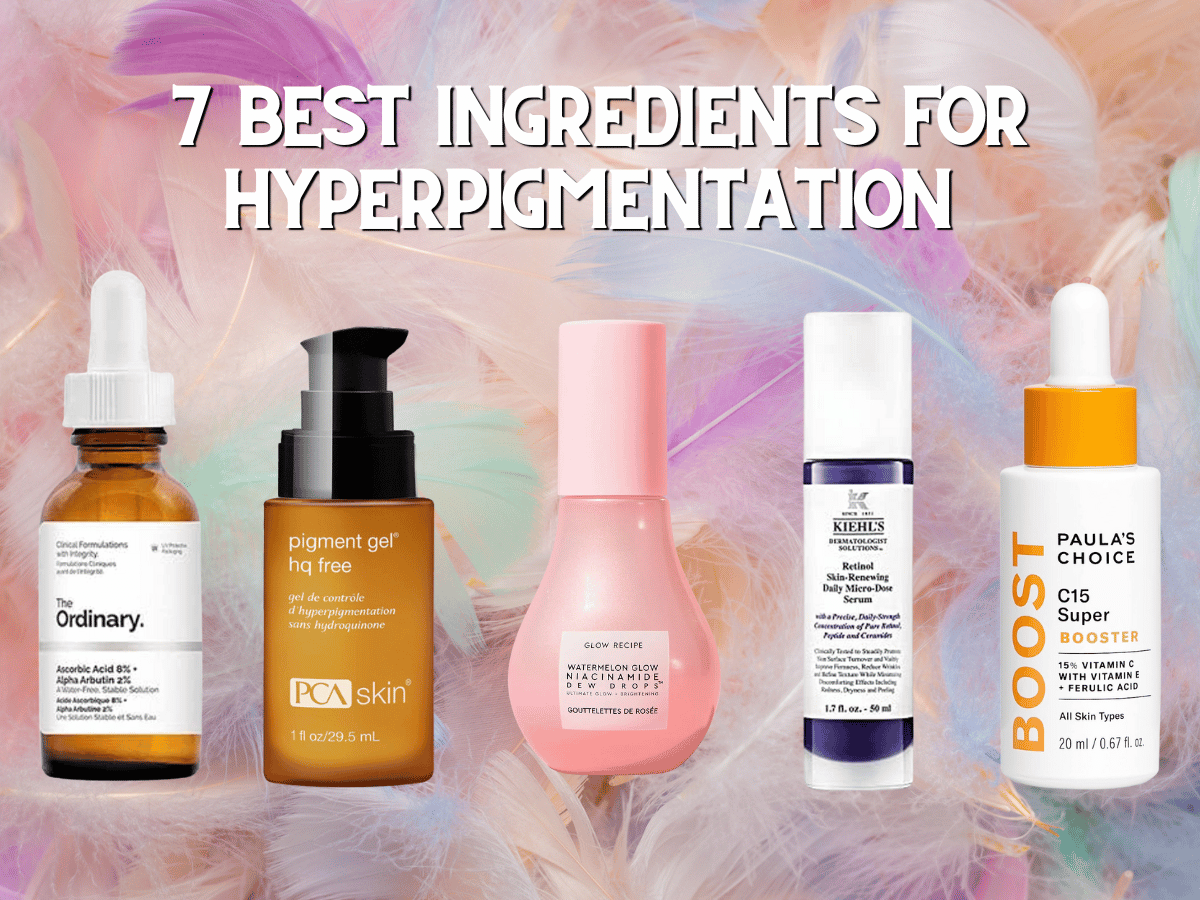What Is Hyaluronic Acid & How Does It Benefit Your Skin?

Hyaluronic acid, also known as sodium hyaluronate, has been a skincare buzzword for years now--and for good reason! Hyaluronic acid has become well-known as a skincare superstar thanks to its many benefits, including hydration and anti-aging. However, it's good to do thorough research on an ingredient before jumping on the bandwagon and adding it to your skincare routine. Thoroughly researching a skincare ingredient is a great way to ensure whether or not it's the right one for you. Read on to find everything you need to know about Hyaluronic acid.
What is Hyaluronic Acid?
Hyaluronic acid comes from a molecule that is naturally occurring in the human body, and found in the eyes, joints, and skin. This molecule is responsible for many important functions in the body, including lubricating the joints to prevent pain and injury, water retention to hydrate skin and dry eyes, and skin malleability which helps to prevent the formation of fine lines and wrinkles.
How does it work?
Externally, it serves many of the same roles. One molecule of Hyaluronic acid can hold almost 1.5 gallons of natural or artificial hydration. It also helps prevent fine lines and wrinkles, reduces scarring when applied topically, and increases skin elasticity.
Common products that feature Hyaluronic acid are skincare products, such as Hyaluronic acid serums, hyaluronic acid face wash, and hyaluronic acid moisturizer.
It can also be ingested to increase the internal amount of hyaluronic acid. Hyaluronic acid pills, sold as a supplement, can affect the skin in the same ways as topical hyaluronic acid while also providing extra joint support.
Advantages and Disadvantages
Hyaluronic acid is a naturally occurring molecule found in the human body, which means that are many amazing benefits to using it, such as anti-aging, joint relief, and wound healing. It also means that there aren't many serious side effects to using Hyaluronic acid. Read on to learn the many advantages (and a few disadvantages) of Hyaluronic acid.
Advantages
- Healthier skin: Hyaluronic acid helps bind moisture into the skin which helps with long-lasting skin hydration, moisture retention, strengthened skin barrier, and reduced fine lines and wrinkles.
- Wound healing: Concentrations of hyaluronic acid naturally increase when an area is damaged in the body. By regulating inflammation levels, plus an anti-bacterial effect when applied topically, research has shown that Hyaluronic acid is an effective solution to healing wounds and reducing scars.
- Joint support: Hyaluronic acid is naturally found in the joints where it keeps the bones lubricating, facilitating easy movement and preventing any painful bone grinding. Doctors sometimes inject hyaluronic acid directly into the joints to help with problems like Osteoporosis.
- Dry eye relief: Hyaluronic acid can also come in the form of Hyaluronic acid eye drops thanks to its ability to retain moisture. It is often given as a treatment for those with dry eyes, and can even be prescribed after surgery to keep the eyes hydrated, free of infection, and speed wound healing.
Disadvantages
In general, Hyaluronic acid side effects are very minimum, especially with Hyaluronic acid supplements, topical skincare products, and injects. Always consult your doctor before starting a new supplement. Allergic reactions, while rare, can occur. Similarly, always make sure to perform a patch test before adding a new product to your skincare routine to vet a potential allergic reaction.
There have been known side effects to Hyaluronic acid injections, These side effects are:
- pain
- redness
- itching
- swelling
- bruising
However, they have been known to clear up within a week. If any side effects linger longer than the expected amount of time, please consult your dermatologist or doctor.
Skin concerns Hyaluronic acid can address
Hyaluronic acid can be used to address many skin concerns, such as Eczema. Studies have shown Hyaluronic acid to be effective in treating mild to moderate eczema by improving moisture retention, skin elasticity, and hydration.
It can also be used to treat premature aging by helping to plump sagging skin with moisture retention, keeping skin firm with skin elasticity, and the hydration factor has been known to leave a youthful glow to the skin.
There are also many amazing benefits of using hyaluronic acid beyond skincare which can include, but are not limited to, the following conditions:
- asthma: treated with a prescribed Hyaluronic acid inhaler
- osteoporosis and arthritis: treated with prescribed Hyaluronic acid joint fillers
- cosmetic concerns such as anti-aging and acne scars: treated with hyaluronic acid skin fillers
How Do You Use It?
Hyaluronic acid can be used for many different purposes, as we've seen in the section previous. Since we're a skincare blog, we'll focus this section solely on frequently asked questions about using Hyaluronic acid as a skincare product. Read on to answer the internet's most asked questions about Hyaluronic acid!
Is it OK to use hyaluronic acid every day?
Hyaluronic acid can be a beneficial addition to any daily skincare routine. In fact, most experts recommend applying hyaluronic acid twice daily in your morning and night skincare routines. That being said, it's always best to consult with your dermatologist first before beginning any new skincare treatment.
What age group should use hyaluronic acid?
Studies have demonstrated that hyaluronic acid can improve various skin conditions regardless of age or condition—for example, reducing wrinkles or skin aging in older individuals or improving dry skin in younger individuals. Hyaluronic acid is generally well tolerated, making it an ideal mild skincare solution for everyone from young children to elderly adults alike.
How long does it take for hyaluronic acid to work?
Hyaluronic acid can start taking effect upon first application. Many report feeling immediate results in hydration, plumping, and softness when using Hyaluronic acid. However, optimal long-term results can take several weeks, usually 4-6 weeks, to manifest.
Can I use hyaluronic acid under my eyes?
Hyaluronic acid is a naturally-occurring molecule that can be found around the eyes, making it an effective hydrator for areas subject to wrinkles like the eyes. While generally safe under these areas, it is recommended that you perform a patch test prior to proceeding with any hyaluronic acid treatment. So yes, hyaluronic acid is suitable under the eyes - but just be sure to patch test first!
Should I wet my face before using hyaluronic acid?
It is highly recommended to wet your face before using a hyaluronic acid serum. Hyaluronic acid is a powerful humectant, meaning it has the ability to draw moisture from the air and bind it to itself. Therefore, if you apply the serum to your dry skin without pre-wetting your face, the product won't have anything to "grab onto," and could end up evaporating quickly or having less of an impact on skin moisture.
What skincare ingredients should I avoid mixing with Hyaluronic acid?
Hyaluronic acid is gentle enough to be used on most skin types and used alongside almost any skincare ingredients. This list includes, but is not limited to:
- Vitamin C
- Ceramides
- Retinol
- Panthenol
- AHAs + BHAs
However, don't forget to be careful about mixing some of these ingredients with each other! Be sure to always do thorough research before adding a new skincare ingredient into your routine.
For Mommy and Me
It can be nerve-wracking for new mothers, whether pregnant or postpartum, to balance the many changes happening in their lifestyles in bodies. On top of your favorite jeans not fitting, you're forced to read every label and google every ingredient before using it on your body or taking it as a supplement.
That's why our Mommy and Me section exists: to make that google search a bit easier. Read on to answer your burning questions about Hyaluronic acid.
Is Hyaluronic acid safe for pregnant and breastfeeding mothers?
When applied under the guidance of your obstetrician or healthcare provider, hyaluronic acid is perfectly safe during pregnancy and postpartum too! It's a great natural choice for hydrated skin, and smoothness, and can help the healing process for stretch marks, too.
Is Hyaluronic acid safe for babies or children?
Hyaluronic acid is an amazing ingredient for baby products. It helps to keep the skin hydrated by holding onto moisture and can improve skin tone and texture—making it particularly suitable for babies with sensitive skin, such as eczema.
The fact that hyaluronic acid occurs naturally within our bodies further strengthens the case for its use on a child's delicate skin because it shows a low probability of adverse reactions with applications over time
Conclusion
In conclusion, hyaluronic acid is an incredible ingredient that can be extremely beneficial to skin health. Using it as part of a skincare routine can help keep your skin looking its best and improve your health in other beneficial areas. Always remember to do thorough research before adding a new product, such as the skinceuticals hyaluronic acid intensifier, or ingredients, such as hydrolyzed hyaluronic acid, to your skincare regimen.
Consider your unique skin needs when evaluating products and consult with a dermatologist if you are unsure what ingredients could benefit your routine the most. At the end of the day, you know your skin best! Review this article, and others on our site, to learn more about the role of hyaluronic acid in your skincare regimen!
How The Article Was Curated
There are many options on the market with many different ingredients. It can be overwhelming trying to figure out what product is best for you.
We've taken the guesswork out of it for you and brought all the facts together.
Want to learn more? Check out these articles next!
11 of the Best Hyaluronic Acid Face Cream Picks for Healthy, Supple Skin: https://www.eliteselects.com/hyaluronic-acid-face-cream/
9 Best Hyaluronic Acid Body Lotion Picks For Soft, Silky Skin: https://www.eliteselects.com/hyaluronic-acid-body-lotion/
11 Best Hyaluronic Acid Toner Picks to Transform Your Skin Instantly: https://www.eliteselects.com/hyaluronic-acid-toner/
Hyaluronic Acid and Salicylic Acid: Put These Essential Active Ingredients at the Top of Your List!: https://www.eliteselects.com/hyaluronic-acid-and-salicylic-acid/
Interested in where we got our information? Check out these sources!



Like these stories? You will (probably) love our monthly newsletter.




